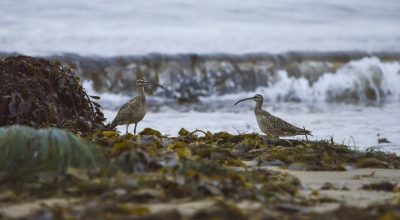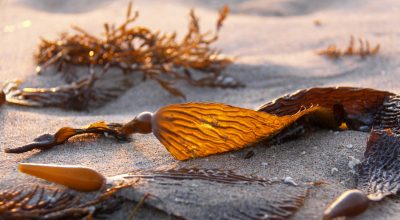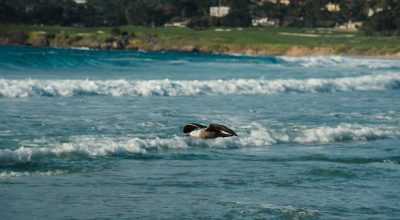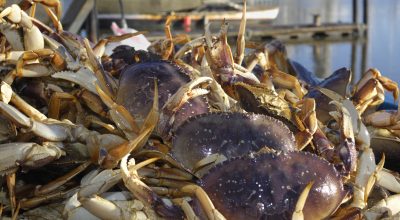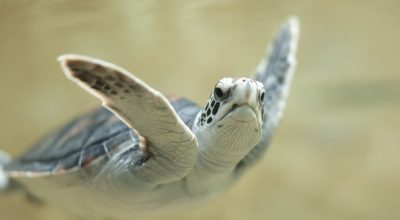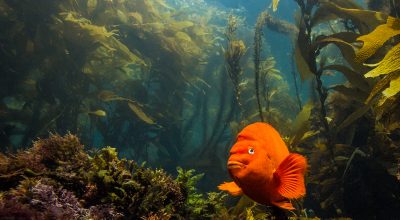
30×30 Webinar Recording Available: Strengthening Biodiversity Protections in National Marine Sanctuaries
Watch the recording of the most recent 30×30 webinar: Strengthening Biodiversity Protections in California’s National Marine Sanctuaries California’s federally-managed National Marine Sanctuaries protect our state’s diverse wildlife, habitats, and cultural resources. State and federal conservation goals offer a unique opportunity to […]
Categories: 30x30, Strategic Goal 3: Biodiversity

